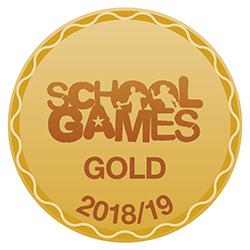Maths
Family and home life have an important impact on a child's language, literacy and numeracy learning. Read some tips on how you can help your child with maths skills.
Meal times
Meal times provide a wealth of maths opportunities. Getting involved in food preparation, cooking, and serving can help children practise maths skills like counting, measuring, and using ratios.
Young children can be encouraged to set the table for the right number of people, asking them to find the correct number of items such as plates, glasses, and cutlery. Older children could work out how long dinner will take to make, scale up a recipe for more people, or accurately weigh out ingredients.
Finding maths
There is a lot of maths that surround us every moment of every day. Encourage your child to count and find different items of different quantities (e.g. how many pillows are there, I need 1 more spoon - how many will we have now?, how many blue toys are there?)
Story time!
Bring maths into story time. Practise using position words when looking at picture books, asking questions like ‘What is behind the boy?’ and ‘What can you see under the table?’. This can help young children to think about space, shapes, and position.
You could also try counting and looking for numbers in your child’s favourite story books. For example, ‘How many biscuits can we see?’ or ‘How many times did the dog woof?’ Ask older children to look at how many pages there are in a chapter/book. How long will it take them to finish if they read five pages per day?
On a walk
When taking a walk, ask young children to look out for and keep count of how many birds or cars they spot. Older children can think about and estimate how many steps the walk might take, how far you are going, and how long it will take. Most smartphones will be able to record this kind of information for you, so you can check how accurate their estimates were!
Playing sports
With young children, try passing a ball in the garden and counting how many times you can pass it before it is dropped. (This can work just as well inside with some balled-up socks – so long as no-one is throwing too hard!) Can you beat your score?
Challenge older children to complete a certain number of actions in a minute – for example, how many star jumps can they do? – and keep track of their score over several rounds. Then, they can use the data to identify the best round they had. If they’ve already learnt about averages, they could work out the average number of actions per minute across all the different rounds.
Play games
Everyday games are brilliant in helping to develop maths skills. Games are a great way to bond with your children, but many games also use mathematical and logical skills that your children will need in later life. Even a simple game such as a jigsaw puzzle helps children to develop logical
and spatial awareness skills. Furthermore, games like snakes and ladders enable children to count the rolls of the dice, which helps develop their counting skills.






